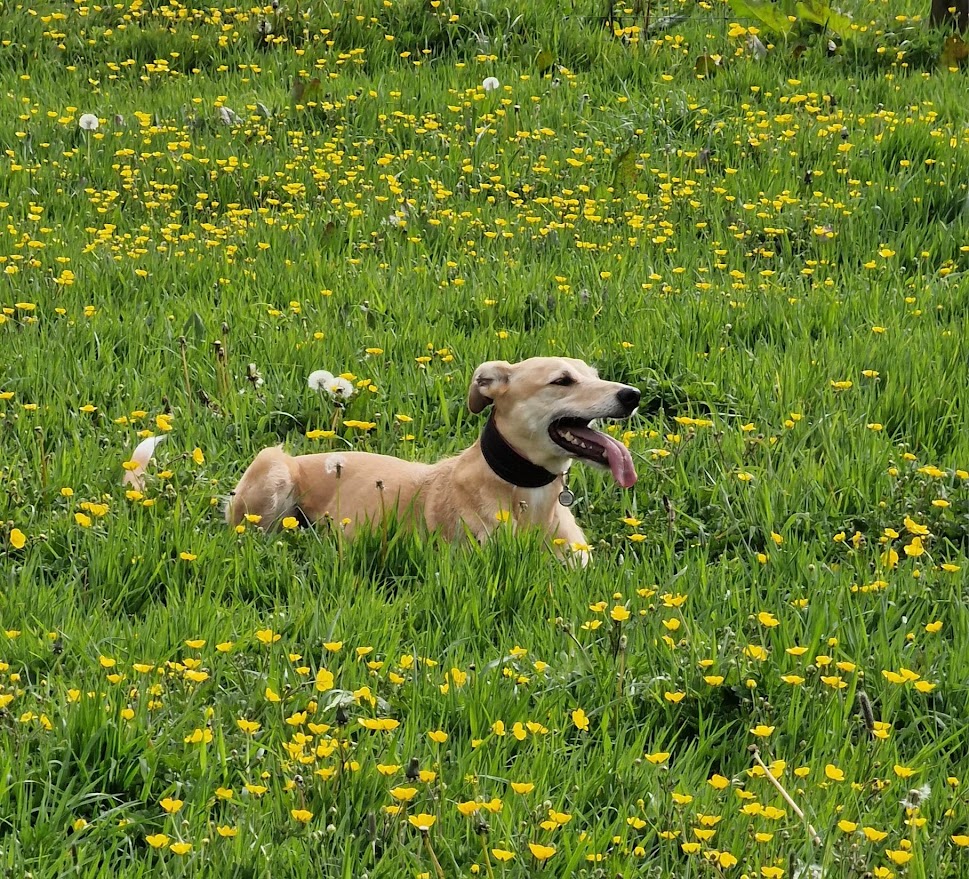Why Didn’t She Come?
1. Has My Training Gone Astray?
If I’m honest, I haven’t practised recall with her for a while. Training is like any other skill—it needs to be maintained. Dogs don’t just “know” things forever. If we don’t keep refreshing and reinforcing behaviours, they can weaken over time. This one’s on me.
2. Has Reinforcement Slipped?
Dogs need a reason to come back. What’s in it for them? Is it food? Play? Praise? If I’ve been calling her and not rewarding that behaviour in some way, she’s probably thinking, “Why should I bother?” I know I haven’t been as consistent with reinforcement lately, and that’s something I need to revisit.
3. Have I Cheated Her?
My dog has a strong recall to a toy. I’ve used it many times, but lately, I’ve called her back without actually giving her the toy as a reward. That’s not fair. If you promise something, you need to deliver. It’s time to “top up” that recall by practising with the toy again—and actually following through.
4. Can She Hear or See Me Clearly?
My dog is over 9 years old now, and I’m starting to notice little signs that her hearing and sight might not be what they once were. There have been a few moments recently where I’ve wondered if she’s fully registering my cues. It’s time for a few experiments to see if this could be part of the problem.
5. Was the Distraction Too Exciting?
She was barking at something in the hedge at dusk—prime time for little creatures. For her, that’s big excitement. Let’s face it: Sometimes, the environment is just more interesting than you are. And that’s okay. It’s a reminder that we need to keep working on building value in coming back, even when the world is full of tempting distractions.
6. Was I Being Consistent?
I tried to be, but consistency is key. If my cues, expectations, or follow-through have been inconsistent, it’s no wonder she wasn’t clear on what I wanted.
